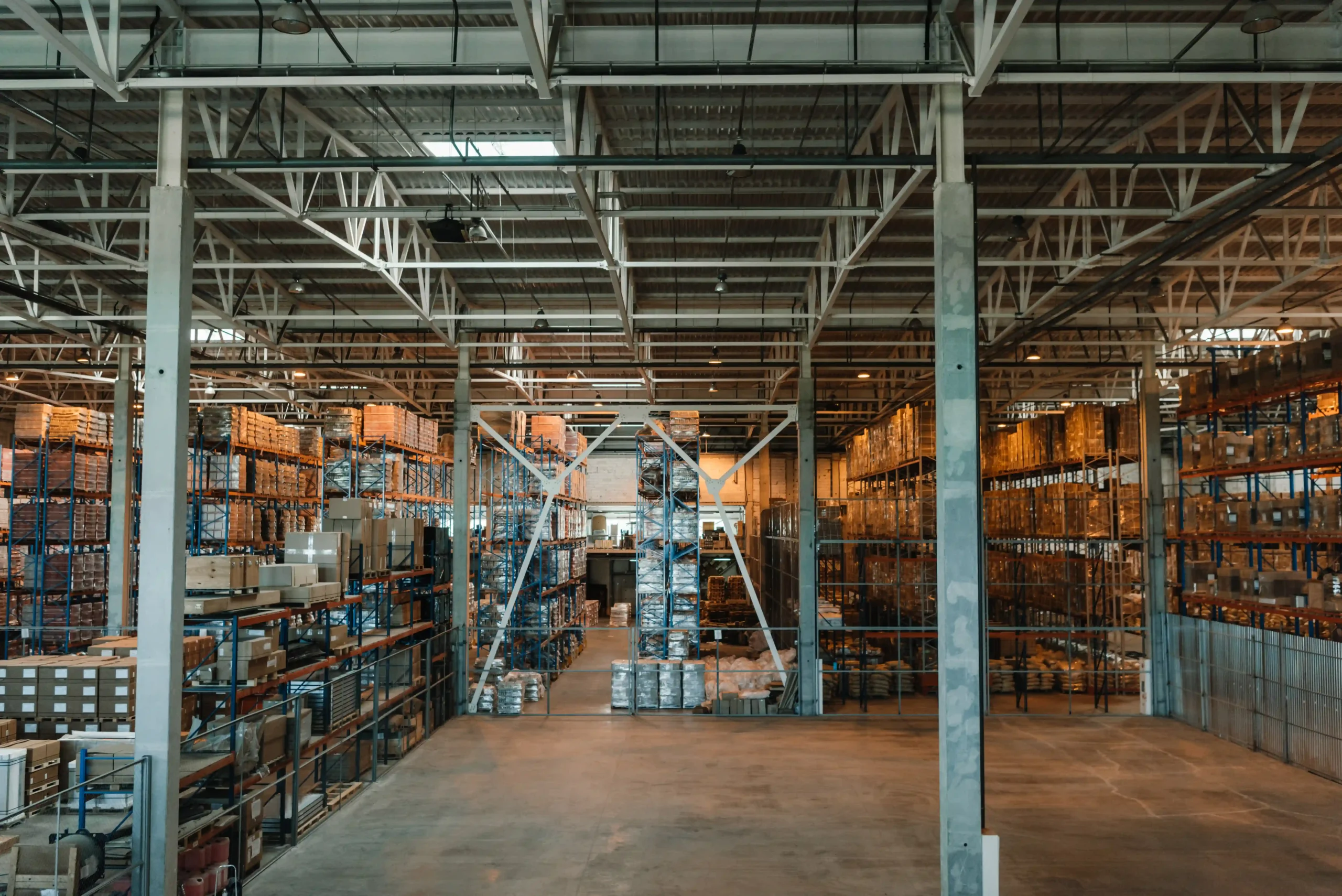At Tri-Link FTZ, we’ve spent over 35 years optimizing global supply chains, helping businesses unlock the full potential of FTZ warehouse operations. But what exactly does that mean? Simply put, an FTZ warehouse is a facility located in a Foreign Trade Zone, which the U.S. government classifies as being outside of U.S. customs territory.
This means businesses can store, process, and distribute goods without immediately paying import duties or taxes. Unlike standard warehouses, FTZ warehouses offer duty deferral, exemption, and elimination benefits, making them a strategic advantage for companies engaged in global trade.
Whether you’re managing high-value inventory, preparing goods for re-export, or assembling products, FTZ warehouse operations provide the flexibility and cost savings necessary to stay competitive in international markets.

When comparing FTZ warehouses to standard warehouses, the differences are striking. The most important distinction is customs duty treatment. In a regular warehouse, businesses must pay import duties as soon as goods arrive.
However, in an FTZ warehouse, duties are only applied when goods enter the U.S. market, if at all.
Feature | FTZ Warehouse | Standard Warehouse |
Duty Deferral | Duties paid only when goods enter U.S. market | Duties paid immediately upon entry |
Manufacturing | Some zones allow light assembly & processing | Limited or not permitted |
Storage Duration | Unlimited | Typically limited to five years |
Re-Export Benefits | No duties on re-exported goods | Duties may still apply |
Regulatory Oversight | Subject to CBP monitoring & reporting | Standard warehouse compliance only |
These differences allow businesses to strategically manage cash flow, optimize inventory, and minimize costs while maintaining full control over their supply chain. Read more here.
One of the biggest advantages of FTZ warehouse operations is the ability to store and process a wide variety of goods without immediate duty obligations. At Tri-Link FTZ, we’ve helped clients from automotive, aerospace, pharmaceuticals, and eCommerce industries maximize their FTZ benefits.
Commonly stored goods include:
Processing capabilities vary by FTZ regulations, but businesses can typically perform testing, assembly, repackaging, relabeling, and light manufacturing within an FTZ warehouse.
Operating within an FTZ warehouse provides several strategic benefits that impact cash flow, inventory control, and regulatory compliance. Some of the most notable advantages include:
At Tri-Link FTZ, we’ve seen companies increase supply chain efficiency by 30-40% just by optimizing their FTZ strategies. Read more here.

To operate an FTZ warehouse, businesses must comply with U.S. Customs and Border Protection (CBP) regulations. CBP monitors FTZ facilities to prevent illegal trade activity and ensure compliance with duty requirements.
Some key regulatory requirements include:
Failure to meet these standards can result in fines, operational shutdowns, or revocation of FTZ status. That’s why having an experienced FTZ logistics partner like Tri-Link FTZ is crucial to long-term success.
One of the most compelling reasons to utilize FTZ warehouse operations is the cost savings associated with international trade. Companies using FTZ warehouses can defer or eliminate millions in import duties while improving supply chain efficiency.
Consider these real-world cost benefits:
By integrating FTZ warehouse operations with supply chain automation and logistics technology, companies can reduce lead times, improve inventory accuracy, and enhance overall efficiency.
While nearly any industry can take advantage of FTZ warehouses, the biggest beneficiaries include:
As a third-party logistics provider with over 35 years of FTZ expertise, Tri-Link FTZ helps companies customize FTZ strategies to meet their specific industry needs.
Leveraging FTZ warehouse operations is one of the smartest ways to reduce costs, improve logistics efficiency, and streamline international trade compliance. Whether you’re an eCommerce business looking to expand global fulfillment or a manufacturer aiming to reduce tariffs, Tri-Link FTZ can help optimize your FTZ strategy.
Want to explore how FTZ warehouse operations can transform your supply chain? Contact us today to learn more!
Share this article
We have other resources available upon request as well as one-on-one support and personalized answers, just like our services.
Simply contact us anytime and we’ll get back to you to answer your questions and provide meaningful answers that show you how Tri-Link supports your logistics, reduces costs, and accelerates efficiency.
Tri-Link delivers exceptional FTZ and 3PL services tailored to your global trade needs.
Our solutions combine innovation, quality, and efficiency to exceed your expectations and meet your specific requirements.